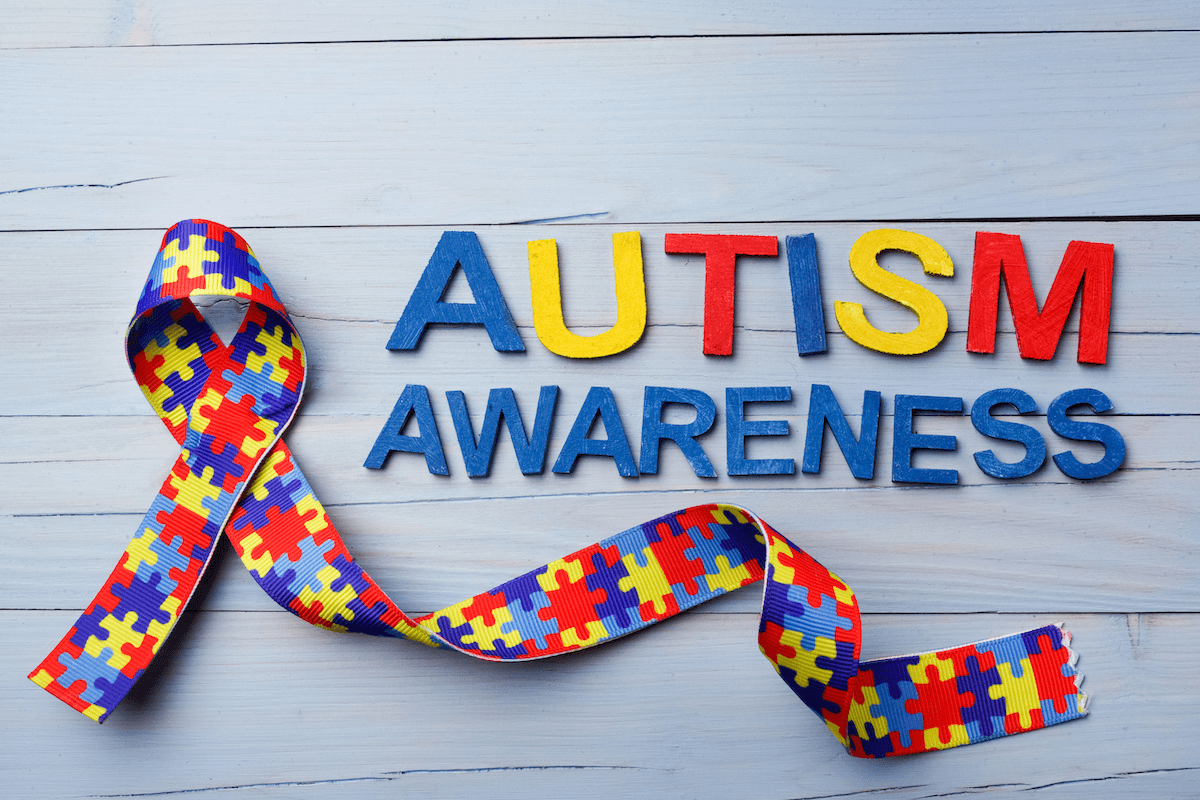Effective communication is a key skill for navigating adult life, yet many young adults struggle with speaking clearly, expressing themselves, and handling social or professional interactions. Whether due to a speech disorder, social anxiety, or language processing difficulties, these challenges can impact relationships, job opportunities, and overall confidence. Speech pathology can provide essential support in building functional communication skills to help young adults succeed in everyday life.
Why Communication Skills Matter for Young Adults
As young adults transition into greater independence, they need to communicate effectively in various real-world situations, such as:
- Making phone calls (e.g., booking appointments, talking to customer service)
- Texting and digital communication (e.g., writing clear messages, using appropriate tone)
- Speaking in social situations (e.g., making new friends, dating, attending events)
- Navigating workplace communication (e.g., interviews, meetings, customer interactions)
- Reading and ordering from a menu (e.g., confidently placing food orders)
- Handling professional emails (e.g., applying for jobs, communicating with colleagues)
Speech pathology can help young adults strengthen these skills, ensuring they feel more confident and capable in their daily interactions.
How Speech Pathologists Support Everyday Communication
1. Phone and Video Call Confidence
For many young adults, making a phone or video call can be daunting. Speech therapy can help by:
- Teaching strategies to organise thoughts before a call
- Practicing role-play scenarios for common situations like doctor's appointments or job inquiries
- Improving speech clarity and confidence when speaking over the phone
2. Mastering Digital Communication: Texts and Emails
With much of modern communication happening through text and email, speech pathology can assist in:
- Understanding how tone and word choice affect meaning
- Structuring professional emails for job applications and work settings
- Writing clear and concise text messages for social and functional purposes
3. Improving Social and Dating Communication
Many young adults struggle with initiating or maintaining conversations in social settings. Speech therapy can help by:
- Teaching conversation starters and techniques for active listening
- Working on non-verbal communication, such as eye contact and body language
- Practicing role-play for dating scenarios, social events, and small talk
4. Enhancing Workplace and Interview Skills
Speech pathologists can support young adults entering the workforce by:
- Practicing mock job interviews to improve fluency and confidence
- Teaching strategies for speaking clearly and professionally in meetings
- Developing assertiveness for workplace discussions and customer interactions
5. Ordering Food and Navigating Public Situations
For some, reading a menu or ordering at a restaurant can feel overwhelming. Speech therapy can help by:
- Practicing common phrases for ordering food and handling payment
- Building confidence in asking for modifications or clarification
- Improving speech clarity for public interactions
The Role of Speech Pathology in Building Confidence
Beyond improving specific skills, speech therapy helps young adults gain the confidence needed to communicate effectively in any situation. Therapy sessions can be tailored to individual goals, whether it's feeling more comfortable in social settings, handling professional communication, or simply speaking more clearly.
If you or someone you know is struggling with everyday communication, speech therapy can provide the right support. Contact me today to learn how speech pathology can help build communication skills for success in both social and professional life.



